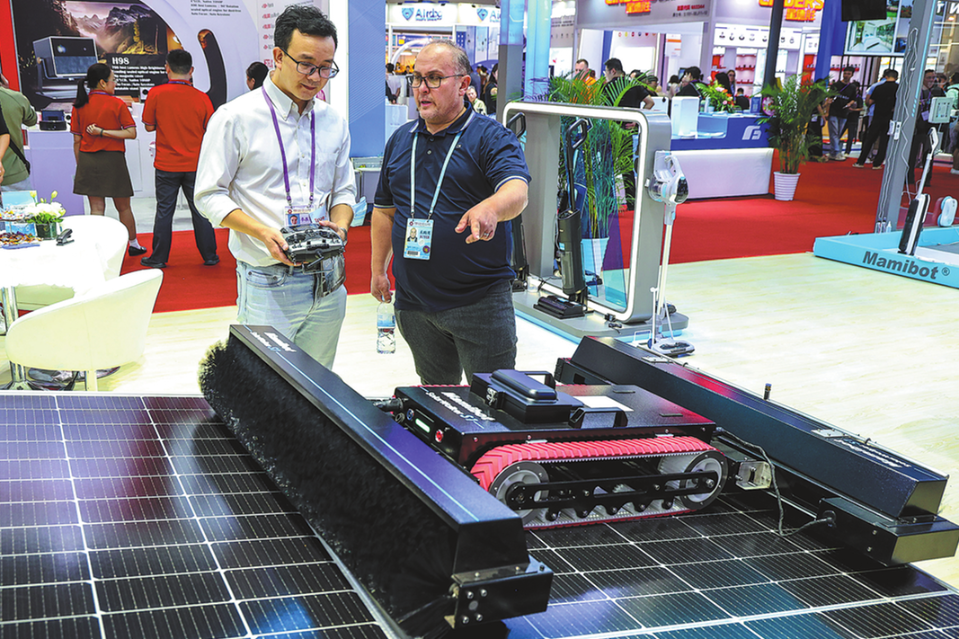China's autonomous driving tech forges inroads into global markets
From Luxembourg to Dubai, domestically developed robotaxis are expanding their reach


New frontiers
Chinese self-driving company Pony.ai is poised to increase its global robotaxi fleet to thousands of vehicles over the next two years, with 2025 earmarked as the first year of large-scale commercial deployment.
The company recently started road testing its robotaxis in Luxembourg in cooperation with Emile Weber, the country's leading mobility solutions provider, to deploy electric autonomous vehicles in Luxembourg, and accelerate robotaxi application in Europe.
James Peng, co-founder and CEO of Pony.ai, said the testing marks the beginning of collaboration, innovation, and the advancement of autonomous mobility in both Luxembourg and the continent.
Pony.ai announced in April that it had obtained a testing permit for Level 4 autonomous driving from Luxembourg authorities. The authorization expands its global testing footprint, building on existing permits in China, the United States, and South Korea.
The company earlier chose Luxembourg as its European hub for research, development, and the deployment of autonomous driving technology.
Autonomous driving is categorized from Level 0 to Level 5. The higher the level, the more intelligent the technology and the less the involvement of humans. Level 4 vehicles can intervene if there is a system failure and do not require human assistance in most circumstances. However, a manual override option is still available.
Earlier last month, Pony.ai inked a strategic partnership with the Roads and Transport Authority of Dubai, to integrate self-driving technology into Dubai's multi-modal transportation network.
Autonomous driving technology will be introduced in a multi-phase rollout, with supervised robotaxi trials set to launch this year, followed by fully driverless operations in 2026.
Founded in 2016, Pony.ai has amassed over 45 million kilometers in global autonomous testing, and offers fully driverless ride-hailing services in Beijing, Shanghai, and Guangdong province's Guangzhou and Shenzhen.
In South Korea, the company has set up a joint venture with a local tech company and started road testing in Seoul. It is also looking to introduce robotaxis in Singapore by starting trials with a local transport operator.
The company established a strategic partnership with Uber in May. The first service is expected to be launched in a key Middle East market before deployment in other international markets.
























